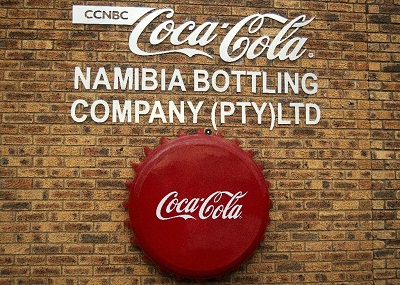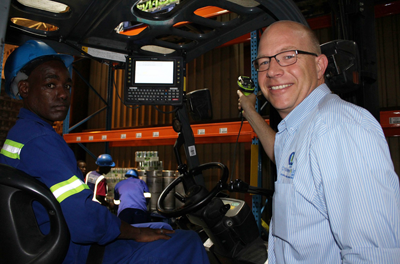
Coca-Cola bottler celebrates six years of investment

Six years after the biggest Coca-Cola bottler on the African continent was born through a merger that created Coca-Cola Beverages Africa (CCBA), capital investments of about US$1,4 billion since 2017 have created a significant positive economic impact throughout the markets where CCBA operates.
CCBA’s production capacity has increased to approximately 122 lines, theoretically capable of turning out 1,5 billion unit cases a year, reaching more than 600,000 outlets through an extensive distribution network including over 1,000 third-party strategic distributors and 1,800 branded trucks.
“As part of the Coca-Cola system, CCBA is best known for global brands, but we are a firmly local business, embedded in the communities in which we operate,” said CCBA CEO Jacques Vermeulen.
“We are locally staffed, locally-led and we produce locally, meaning the economic benefits of CCBA’s operations produce strong multiplier effects for local economies, creating employment and opportunity across the value chain. We have 72% local management in markets outside South Africa, where our headquarters are located, and 83% of our inputs are locally sourced, creating room for suppliers to integrate into our value chain,” he added.
According to Vermeulen, CCBA continues to invest in capacity and skills, empowering small businesses and helping farmers with consistent offtake agreements.
“As CCBA, we strive to grow our business so that local suppliers benefit, jobs are created in the community, governments receive taxes and shareholders receive a return on their investment,” he said, adding that women and youth are integral to the continent’s shared success.
“We seek to empower them by enabling their economic inclusion throughout our markets on the continent. CCBA’s contribution to The Coca-Cola Company’s 10-year global women empowerment initiative, the 5by20 program, was significant,” he said.
Vermeulen said CCBA has adopted the three pillars of education, employability, and entrepreneurship as a framework for its economic inclusion strategy.
The company defines economic inclusion as the opening of gainful economic opportunities by providing access to markets and other economic activities leveraging the business and the entire industry.
“We aim to boost income, provide decent earning potential and improve skills and business knowledge for women, resulting in them accessing other opportunities,” said Vermuelen.
CCBA has a particular focus on current or potential entrepreneurs with the possibility to link to the Coca-Cola value chain today or in the future.
“Opportunity is more than just money, it’s about a better future for people and their communities everywhere on the African continent,” Vermeulen said.
“Ultimately, through our vision and our growth plans, we will achieve a higher purpose – making CCBA the window through which the world can experience Africa. It is our responsibility to demonstrate the immense potential, the unique opportunities, and the vast abundance of the African continent. This is an ambition worth pursuing for all of us who value our continent and have an unwavering belief in the future of Africa,” Vermeulen concluded.











































